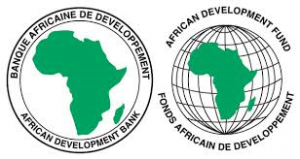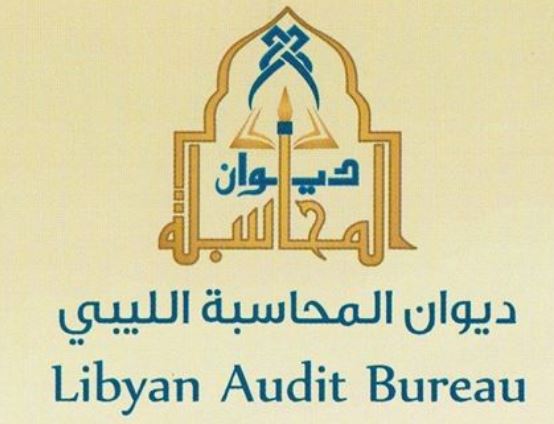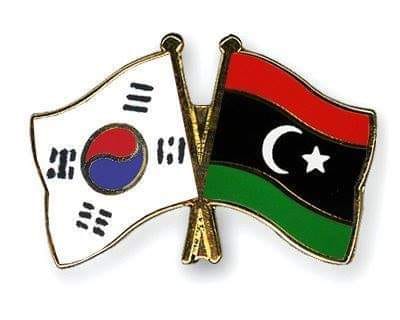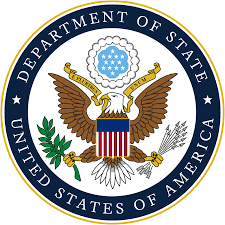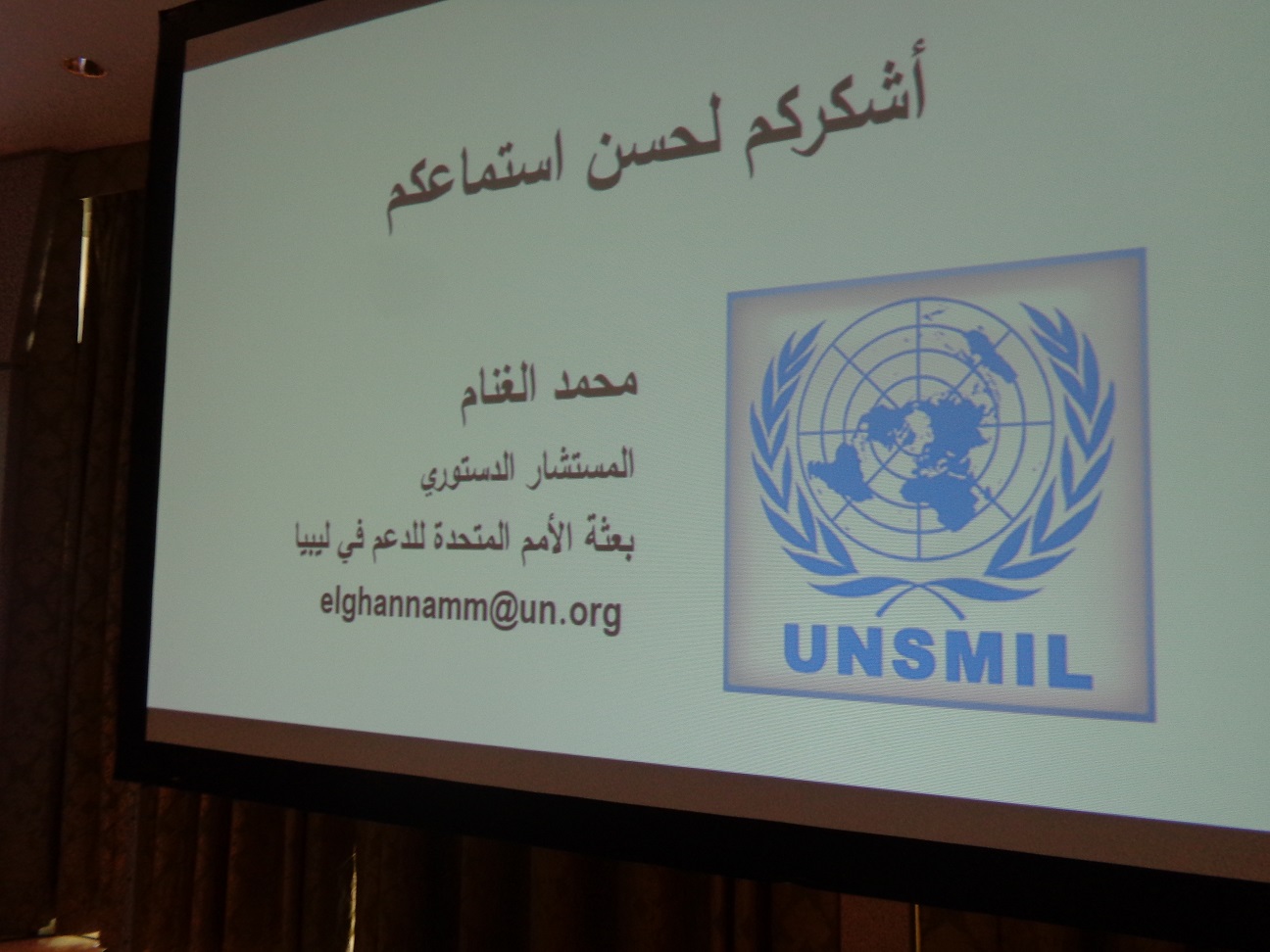By Libya Herald staff.
Tripoli, 27 May 2014:
The . . .[restrict]African Development Bank (AfDB) has made a $3.5-million grant to strengthen the efficiency and effectiveness of Libyan institutions to deliver democratic governance and sustainable economic and social development.
The agreement, the bank’s first post-revolution grant agreement with the Libyan authorities, was signed in the Rwandan capital Kigali last Thursday by the Libyan Deputy Finance Minister and AfDB’s Operations Vice-President, Zondo Sakala. The bank was holding its annual meeting in Kigali and governance was one of the issues under discussion.
According to a statement from the bank, “the signing of the agreement marks the official launch of an AfDB pilot project entitled Leading the Way: Developing Leadership Capacity to Support Libya’s Transition.”
The project is intended to “support the transitional government and prepare conditions for a successful handover to the new post-election government, while running a pilot leadership training program on leadership capacity and expertise among executive level officials within the public and private sectors as well as the civil society”. Implemented by the bank, it is being is financed through the Deauville Partnerships’ Middle East and North Africa (MENA) Transition Fund.
The Libyan Ministry of Planning has promised to provide a further $2 million in funding as part of the project.
The bank has expanded its activities in Libya since 2012. It says that “institutional capacity building and structural reforms within line ministries, strategic assistance to the country’s key sovereign wealth funds, and creation of an enabling environment for private sector activity” are among its main activities in Libya.
Two weeks ago, the bank’s board approved the 2014-2016 Re-engagement Note for Libya under which it agreed to re-engage with Libya. Libya is an important shareholder in the bank, with a subscribed capital of 4.057% as of 31 December 2013. For it part, Libya pledged $37 million in contribution to the 13th replenishment of the African Development Fund, viewed as evidence of the Libyan re-engagement with AfDB.
According to the bank: “The Note proposes that the bank explore opportunities to work with Libyan authorities and international partners in areas that are in line with creating the basis for promotion of stability and inclusive growth in the country.
“Presenting the Note to the board, the AfDB North Africa Department Director, Jacob Kolster, said that the re-engagement aims at assisting Libya’s political and economic transition while creating a constructive partnership to benefit the rest of the African continent. He added that, given Libya’s immense financial resources as well as its existing network of investments across Africa, an investment partnership could be of strategic value for both Libya and the bank.
“The partnership would enable the government to take stock of the country’s investments, recover the previously ill-acquired assets, renegotiate the terms of existing contracts, and reformulate its investment strategy, particularly in relation to the Sovereign Wealth Funds, with the aim of expanding the size, efficiency and productivity of their investments in Africa. For its part, the bank is already working with a number of Libyan institutions, notably the Libya Africa Investment Portfolio, and will explore areas of co-financing in Africa as well as helping Libya to diversify and enhance returns on its significant resources.
“Thus, the Note focuses uniquely on the governance pillar comprising state institutional capacity building, enhancing service delivery, and creating an enabling environment for private sector development.
“Given the weak state of public institutions in Libya prior to the revolution, as well as the lack of human capital and expertise required for managing and leading these institutions following the revolution, the Bank will support capacity building across a range of institutional objectives including: leadership capacity development, budget management and planning, and strengthening the state’s resilience to fragility,” the Note read. [/restrict]



